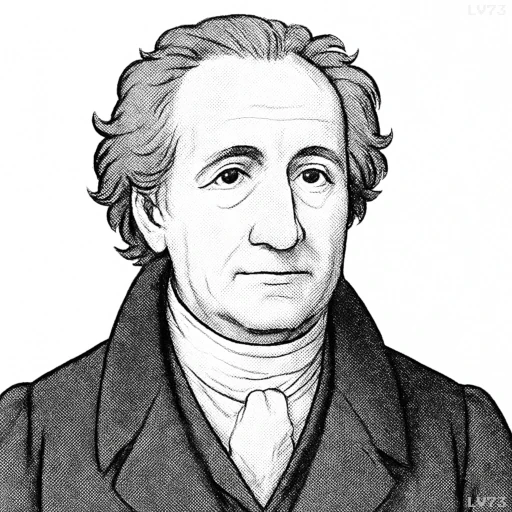“There is nothing in which people more betray their character than in what they laugh at.”

- August 28, 1749 – March 22, 1832
- German
- Poet, playwright, novelist, philosopher, politician
table of contents
Quote
“There is nothing in which people more betray their character than in what they laugh at.”
Explanation
Goethe suggests that humor—specifically, what we find funny—reveals a great deal about our values, morality, and character. The things that make us laugh reflect what we appreciate or disdain, and can indicate how we see the world and interact with others. For example, if a person laughs at the misfortune of others or finds cruelty amusing, it can show a lack of empathy or compassion. On the other hand, someone who laughs at cleverness or humor that reflects shared humanity or kindness likely demonstrates a character that values those traits.
Historically, this idea connects to the way humor was often seen as a moral tool for revealing a person’s true nature. In Goethe’s time, the concept of civility and decency in humor was important, with laughter serving not only as a form of entertainment but also as a reflection of one’s ethical stance. What we laugh at—or find funny—can thus be seen as an extension of our inner values.
In the modern context, this idea holds true in our everyday interactions, especially in a world where comedy and satire often address societal issues. For instance, if someone enjoys humor that targets vulnerable groups or promotes harmful stereotypes, it reflects a disrespect or insensitivity to those groups. Conversely, people who find humor that challenges injustice or emphasizes shared human experiences often reveal a more compassionate and ethical outlook.
Goethe’s words remind us that our laughter is more than just a reaction to funny situations—it’s a reflection of who we are, what we value, and how we relate to the world around us. The things we find humorous often betray deeper truths about our character.
Would you like to share your impressions or related stories about this quote in the comments section?



